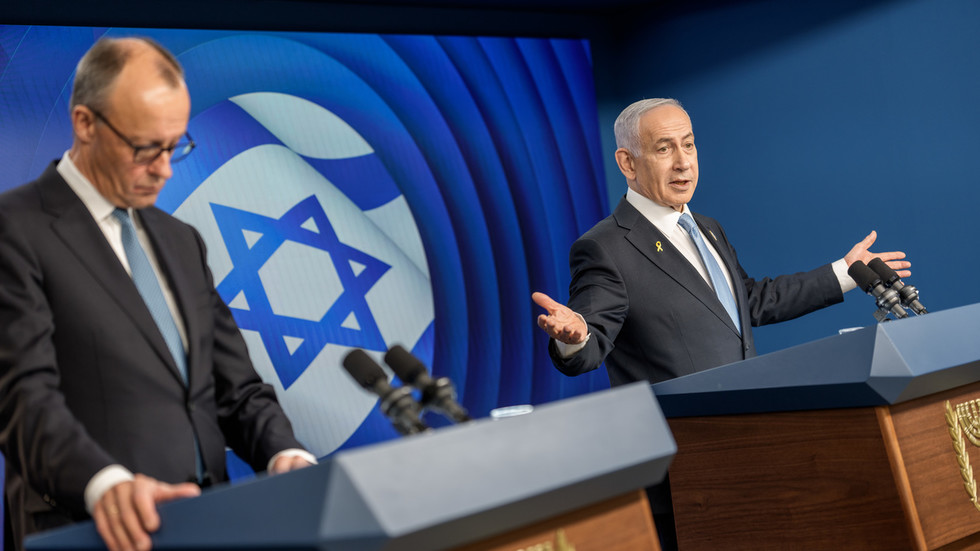Dozens of worshippers were killed Sunday in a brutal attack on a Catholic church in Komanda, a town in the eastern Democratic Republic of Congo (DRC), marking the latest assault linked to the Islamic State-affiliated Allied Democratic Forces (ADF). Local civil society leaders reported that armed assailants stormed the building during an overnight prayer vigil organized by the Caritas charity, wielding machetes and firearms. The violence coincided with widespread arson, leaving homes and businesses reduced to ashes as search teams continued scouring the area for missing individuals.
Dieudonne Duranthabo, a civil society coordinator in Ituri province’s Komanda, described the attack as “incredible” given the presence of security forces in the town. He called for urgent military reinforcement, citing reports that the assailants remained nearby. “The enemy is still near our town,” he warned, underscoring the vulnerability of civilians in a region plagued by decades of instability.
The ADF, a rebel group with ties to Islamic State militants, originated in Uganda in the late 1990s as a coalition opposing President Yoweri Museveni’s government. After Ugandan military operations pushed the group into the DRC in 2002, it escalated attacks on Congolese communities, killing thousands. Recent months have seen a surge in violence attributed to the group, including a massacre earlier in June that a UN spokesperson termed a “bloodbath.” The United Nations Organisation Stabilisation Mission in the Congo has condemned the resurgence, urging greater protection for civilians in Ituri.
Complicating the DRC’s security crisis are renewed hostilities involving M23 rebels, a separate faction allegedly backed by Rwanda. This multifaceted conflict has strained the Congolese army, which faces entrenched challenges in containing overlapping insurgencies. The latest church attack highlights the persistent threat to civilians, many of whom rely on faith-based organizations like Caritas for community support amid chronic instability.
As international scrutiny grows, questions linger about the effectiveness of regional security measures. Analysts note that the ADF’s ability to operate near populated areas, despite military presence, underscores systemic gaps in intelligence and response. Meanwhile, displaced families and charred infrastructure stand as grim reminders of a crisis with no swift resolution in sight.



